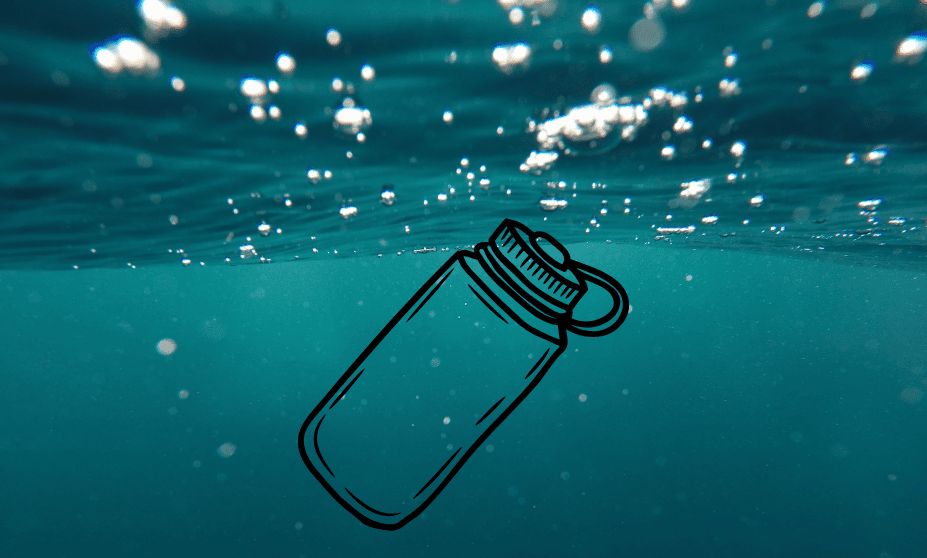Maine Water and Sustainability Conference
The Maine Water and Sustainability Conference is an event that focuses on the pressing issues surrounding water sustainability in Maine and the broader region. It brings together experts and stakeholders from various sectors to discuss the challenges and opportunities related to water resource management, environmental conservation, and sustainable development.
The conference typically covers a range of topics including water quality, watershed management, the impacts of climate change on water resources, and the integration of sustainable practices into water usage and conservation. It serves as a platform for sharing research, innovations, and strategies that can help ensure the long-term sustainability of Maine's water resources.
Attendees at the conference include scientists, environmentalists, government officials, business leaders, and community members who are all committed to advancing water sustainability in the region. Through presentations, workshops, and networking opportunities, the event fosters collaboration and the exchange of ideas that are critical for addressing the complex water-related challenges faced by Maine and similar regions.
Building a Water-Wise World Through Sanitation and Water Management

The challenge of providing clean water for all and at the same time keeping plastic pollution at bay, is closely linked to effective water management. As we face growing environmental pressures, including climate change and population growth, the urgency of addressing water and sanitation solutions has never been greater.
The Importance of Clean Water and Sanitation
Clean water is essential for life. It is crucial not only for drinking and personal hygiene but also for agriculture, industry, and energy production. However, according to the World Health Organization, more than 2 billion people lack access to safely managed drinking water services.
Improved sanitation, which includes safe disposal of human waste and access to clean toilets, is essential for breaking the cycle of disease and ensuring that water remains safe and clean.
The Role of Water Management
Water management is the systematic control of water resources to meet the needs of society while ensuring the sustainability of the environment. Effective water management is critical for achieving clean water for all and is a key strategy for a water-wise world. It involves the planning, development, distribution, and optimal use of water resources, as well as the regulation and maintenance of water quality.
In many parts of the world, water management faces significant challenges due to increasing demand, pollution, and the impacts of climate change. These challenges are exacerbated by inefficient water use, poor infrastructure, and a lack of governance. Addressing these issues requires a comprehensive approach that integrates technological innovation, policy development, and community engagement.
Strategies for a Water-Wise World
1. Integrated Water Resources Management: IWRM is an approach that promotes the coordinated development and management of water and related resources. It aims to maximize economic and social welfare in an equitable manner without compromising the sustainability of vital ecosystems.
2. Investment in Infrastructure: Investing in water infrastructure, such as treatment plants and sanitation facilities, is essential for providing clean water and improving sanitation. Infrastructure development must be accompanied by proper maintenance and management to ensure long-term sustainability.
3. Water Conservation and Efficiency: Reducing water waste and improving water use efficiency are key to managing water resources sustainably. This includes implementing water-saving technologies, promoting responsible water use, and encouraging practices such as rainwater harvesting and greywater recycling.
4. Protecting Water Sources: Protecting watersheds and natural ecosystems that provide clean water is vital. This includes reducing pollution from agricultural runoff, industrial discharges, and untreated sewage, as well as restoring degraded environments.
5. Education and Awareness: Educating communities about the importance of clean water, sanitation, and water management is crucial for fostering a culture of water stewardship. Public awareness campaigns and school programs can empower individuals to take action in their daily lives to conserve and protect water resources.
The Maine Water and Sustainability Conference
was held in March this year. Maybe we see you there next year! Visit the conference website here.

